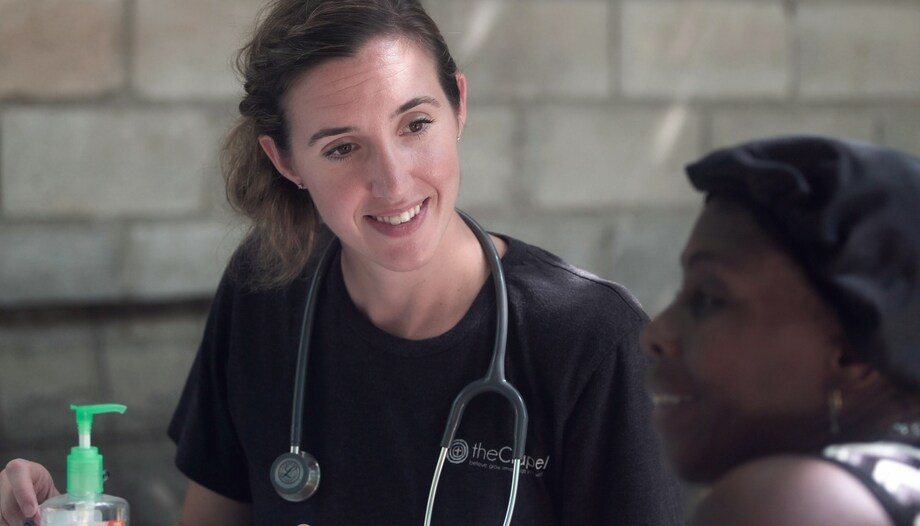Pope Francis asks us to add to our prayers the monthly intentions he proposes for the whole Church. Recently he asked for the terminally ill. He used this colloquial phrase that has a very deep meaning: incurable does not mean incurable.
Recently I was approached by a tender grandmother. I received from her a master class in higher theology. Susan was her name. Sitting in her wheelchair, she joyfully told me some good news: her granddaughter was safe and sound after a serious car accident, but what made her most happy were the words that her granddaughter gave her when she expressed her gratitude because, for her, the grandmother's prayers had saved her. Susan was truly happy and grateful.
Suddenly she paused for a moment and added: "And to think that I wanted to die, I asked my family to let me go. But instead of listening to me, they started to come to see me more, to visit me and give me care and love; I felt valuable, before that I thought I was here getting in the way and generating useless expenses. Today I know that God has perfect plans and that He is the Lord of life. I have already offered Him to live to love and pray and I have told Him that I am willing to receive the kind of death He wants and when He disposes. I only beg Him to hear my prayers on behalf of those I love."
Dignified life
While the world proposes "death with dignity" for the elderly and terminally ill, the Church speaks of giving "life with dignity" to those who suffer. It is essential to promote palliative care in every sense of the word.
There are those who state in a very "practical" way: this person is very sick, his illness has no solution, keeping him alive implies a lot of expense and besides, he doesn't even want to live! There are already 12 countries in the world whose legal frameworks allow the euthanasia.
In this regard, St. John Paul II emphasized that this is taking possession of death, seeking it in advance and thus putting a 'sweet' end to one's own life or that of others. In reality, what might seem logical and humane, when considered in depth, appears absurd and inhuman. This is one of the most alarming symptoms of the "culture of death," he warned.
The sacredness of life
The catechism of the Catholic Church makes a supreme appeal to us: "Human life is to be held sacred, because from its very beginning it is the fruit of God's creative action and always remains in a special relationship with the Creator, its only end. God alone is Lord of life from its beginning to its end; no one, under any circumstances, can claim the right to kill an innocent human being directly".
And also: "Those whose life is diminished or debilitated are entitled to special respect. Sick or handicapped persons should be cared for so that they may lead as normal a life as possible."
Christians are called to make a difference, against the current but with Christ!
There is a poem by Gabriela Mistral that moves me deeply and today I share it with you to encourage you to fulfill in everything, especially in suffering, the perfect and sometimes mysterious will of God:
This afternoon, Christ of Calvary,
I came to beg you for my sick flesh;
but, when I see you, my eyes come and go
from your body to my body with shame.
How to complain about my tired feet,
when I see yours smashed?
How to show you my empty hands,
when yours are full of wounds?
How to explain my loneliness to you,
when on the cross you stand alone and alone?
How can I explain to you that I have no love,
when your heart is torn?
Now I don't remember anything,
all my ailments fled from me.
The impetus of the plea that brought
is drowned in my pedigreed mouth.
And I only ask not to ask you for anything,
to be here, next to your dead image,
learning that pain is only a
the holy key to your holy door.
Amen





 "Palliative care should be a right, not a privilege."
"Palliative care should be a right, not a privilege."





